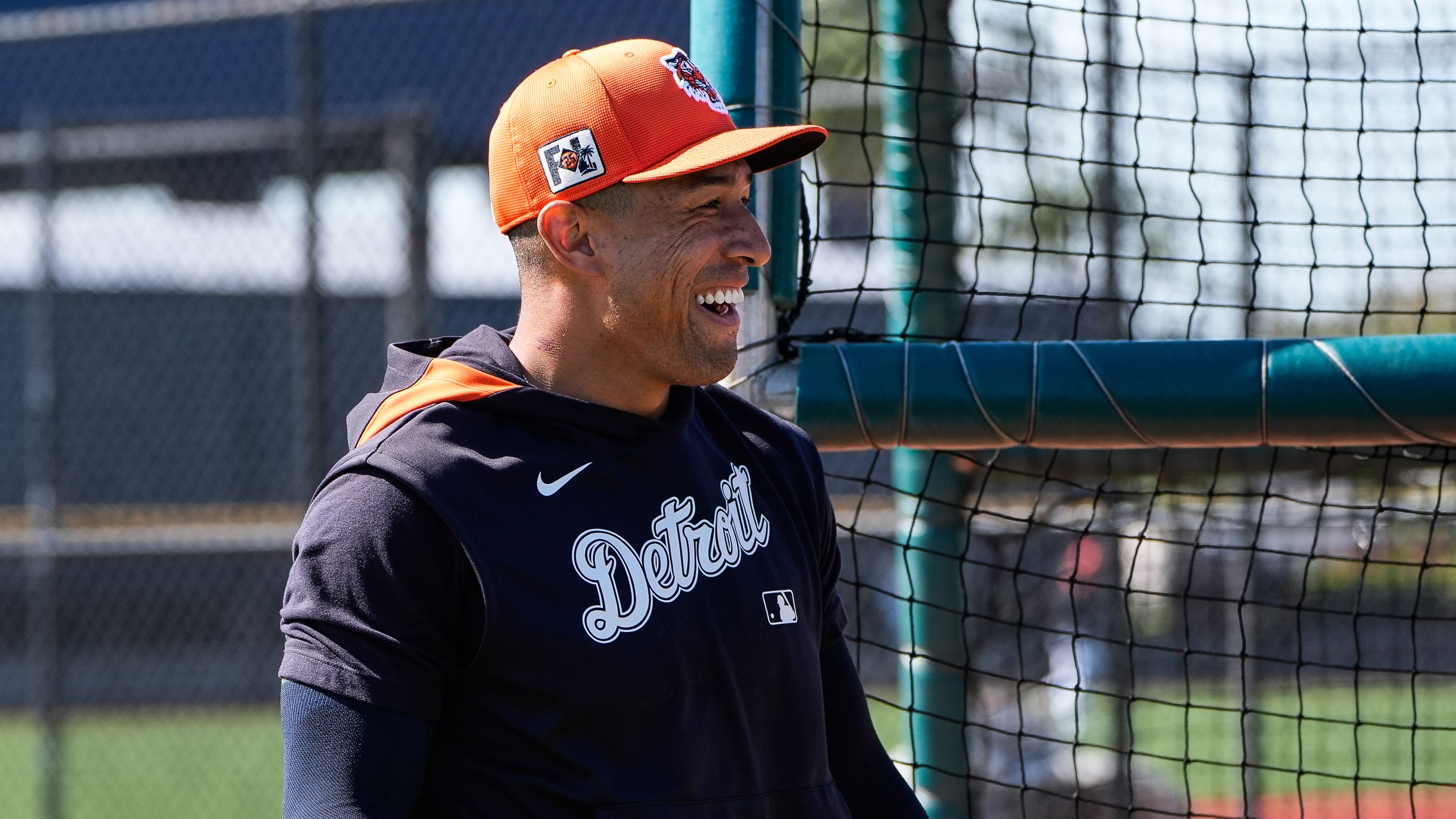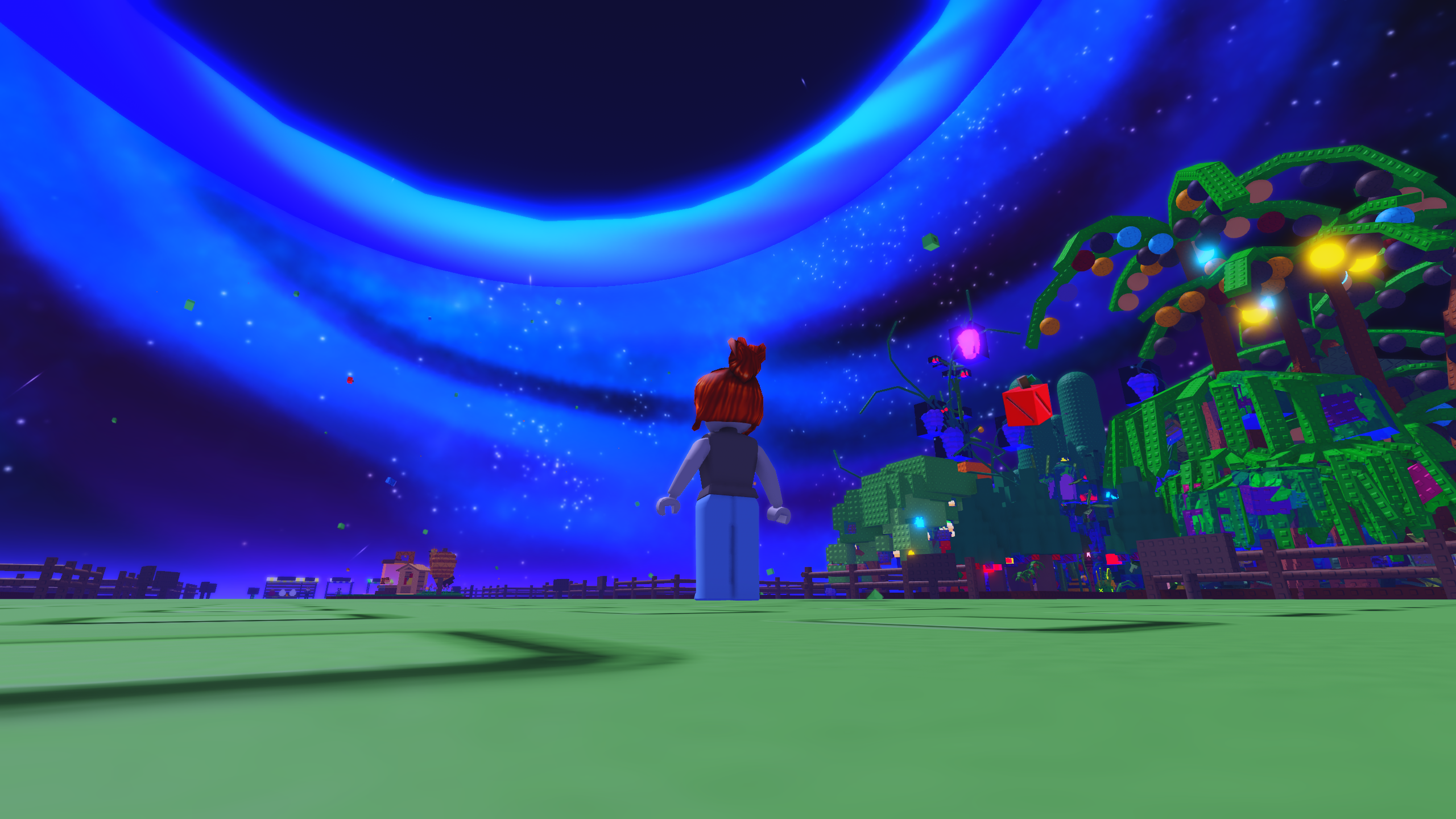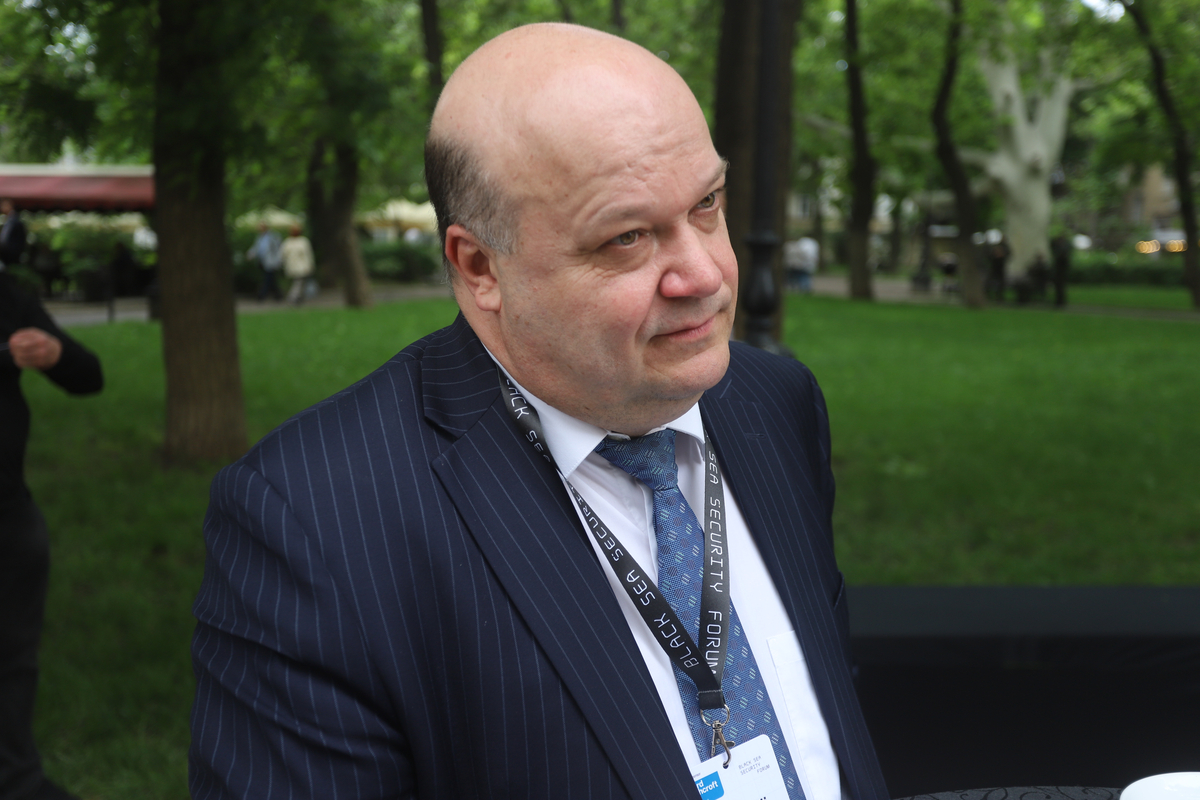Is Money Killing Creativity In Television?

Welcome to your ultimate source for breaking news, trending updates, and in-depth stories from around the world. Whether it's politics, technology, entertainment, sports, or lifestyle, we bring you real-time updates that keep you informed and ahead of the curve.
Our team works tirelessly to ensure you never miss a moment. From the latest developments in global events to the most talked-about topics on social media, our news platform is designed to deliver accurate and timely information, all in one place.
Stay in the know and join thousands of readers who trust us for reliable, up-to-date content. Explore our expertly curated articles and dive deeper into the stories that matter to you. Visit Best Website now and be part of the conversation. Don't miss out on the headlines that shape our world!
Table of Contents
Is Money Killing Creativity in Television? The Rise of Big Budgets and the Fall of Innovation
The television landscape has changed dramatically. Gone are the days of low-budget sitcoms relying on clever writing and relatable characters. Today, mega-budget productions, boasting A-list casts and spectacular special effects, dominate the streaming services and airwaves. But at what cost? Is this influx of money stifling the very creativity that once defined the medium? This article delves into the complex relationship between television budgets and creative output.
The Allure of Big Budgets: A Double-Edged Sword
There's no denying the visual spectacle that high-budget shows can offer. Series like House of the Dragon and The Rings of Power are breathtaking examples of how money can translate into stunning visuals and immersive worlds. These productions attract top talent – both in front of and behind the camera – leading to potentially higher quality productions. The investment allows for detailed set design, elaborate costumes, and sophisticated special effects, all contributing to a more polished and engaging viewing experience. Furthermore, larger budgets can allow for more ambitious storylines and expansive narratives.
But is Bigger Always Better? The Stifling Effect of High Stakes
However, the pressure associated with significant financial investment can be detrimental to creative freedom. Network executives and streaming platform bosses, facing pressure to justify these enormous budgets, may prioritize safe, proven formulas over risky, innovative concepts. This can lead to a homogenization of content, with a focus on sequels, reboots, and familiar genres, often at the expense of originality.
The Risk-Averse Nature of Big Money
The fear of failure is amplified when millions are at stake. This leads to a more cautious approach to storytelling, with less emphasis on bold, experimental narratives and a greater focus on predictable plot lines designed to appeal to the widest possible audience. This can result in a lack of originality and a sense of creative stagnation. Think about the countless superhero shows – while visually impressive, they often stick to well-worn tropes and lack the narrative daring of smaller, independent productions.
Independent Productions: A Bastion of Creativity?
Conversely, smaller, independent productions, often with limited budgets, are often forced to be more inventive and resourceful. Their limitations often breed ingenuity, pushing creators to rely on clever writing, compelling characters, and unique storytelling to compensate for a lack of flashy visuals. Shows like Atlanta and Russian Doll are prime examples of how resourcefulness can lead to groundbreaking and critically acclaimed television.
Finding a Balance: The Future of Television Creativity
The key may lie in finding a balance. While substantial budgets can undoubtedly enhance the production value of television, it's crucial to ensure that financial considerations don't overshadow creative vision. Support for independent productions and a willingness to take risks on unconventional storytelling are essential to fostering innovation and preventing the homogenization of the television landscape. Ultimately, the future of television creativity depends on a commitment to both artistic ambition and responsible financial stewardship.
Call to Action: What are your thoughts? Do you think big budgets are harming creativity in television? Share your opinions in the comments below! Let's spark a conversation about the future of television.

Thank you for visiting our website, your trusted source for the latest updates and in-depth coverage on Is Money Killing Creativity In Television?. We're committed to keeping you informed with timely and accurate information to meet your curiosity and needs.
If you have any questions, suggestions, or feedback, we'd love to hear from you. Your insights are valuable to us and help us improve to serve you better. Feel free to reach out through our contact page.
Don't forget to bookmark our website and check back regularly for the latest headlines and trending topics. See you next time, and thank you for being part of our growing community!
Featured Posts
-
 Detroit Tigers Promote Jahmai Jones Demote Andy Ibanez To Triple A
Jun 07, 2025
Detroit Tigers Promote Jahmai Jones Demote Andy Ibanez To Triple A
Jun 07, 2025 -
 The Numbers Dont Lie Unveiling The Most Interesting Stats From College Footballs 2023 Regular Season
Jun 07, 2025
The Numbers Dont Lie Unveiling The Most Interesting Stats From College Footballs 2023 Regular Season
Jun 07, 2025 -
 Fridays Mega Millions Lottery Drawing June 6 2025 No Winner
Jun 07, 2025
Fridays Mega Millions Lottery Drawing June 6 2025 No Winner
Jun 07, 2025 -
 Bizzier Bees A Friendship Update And What It Means
Jun 07, 2025
Bizzier Bees A Friendship Update And What It Means
Jun 07, 2025 -
 Ukraine Crisis Recommendations From A Former Us Ambassador
Jun 07, 2025
Ukraine Crisis Recommendations From A Former Us Ambassador
Jun 07, 2025
